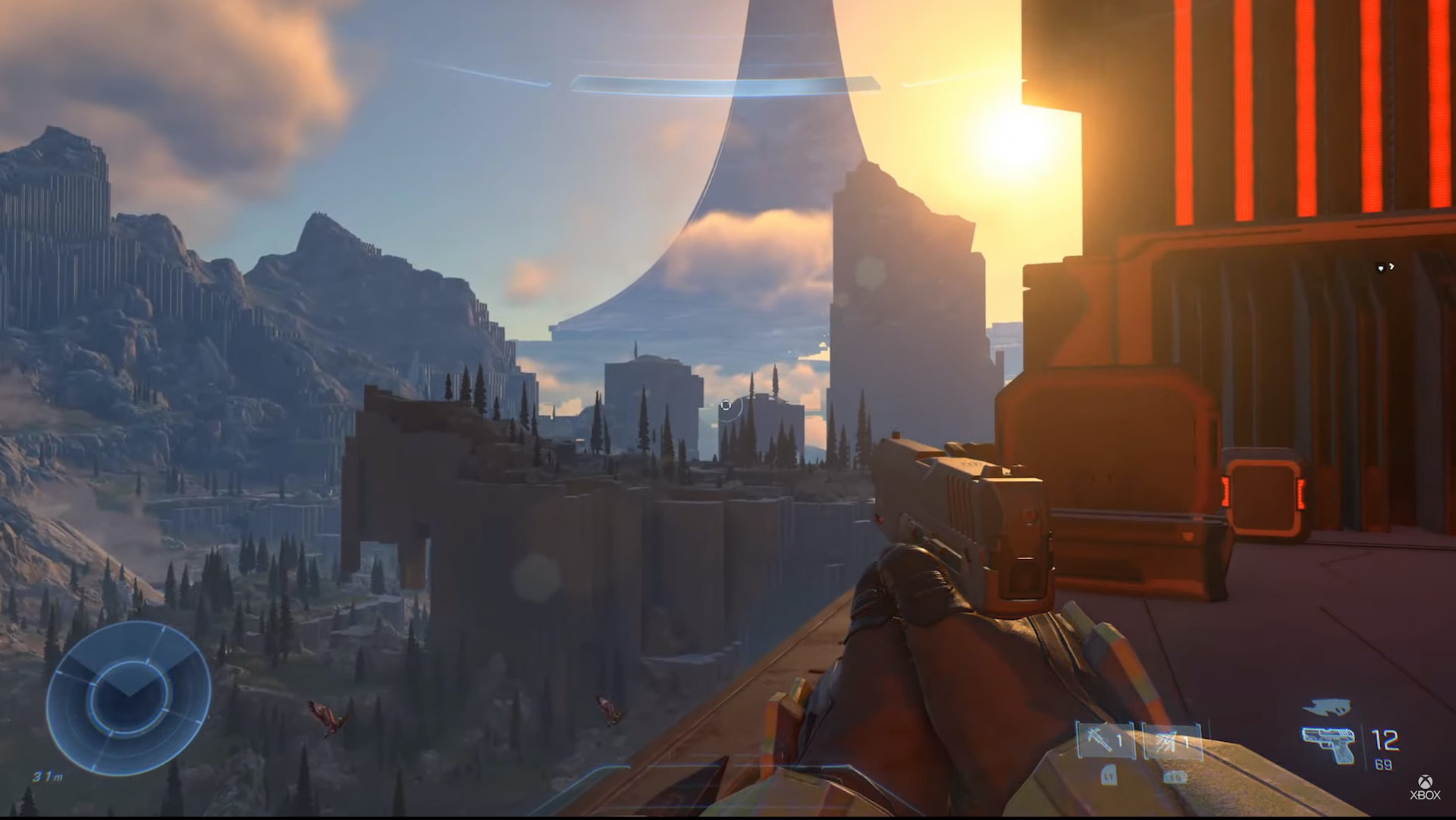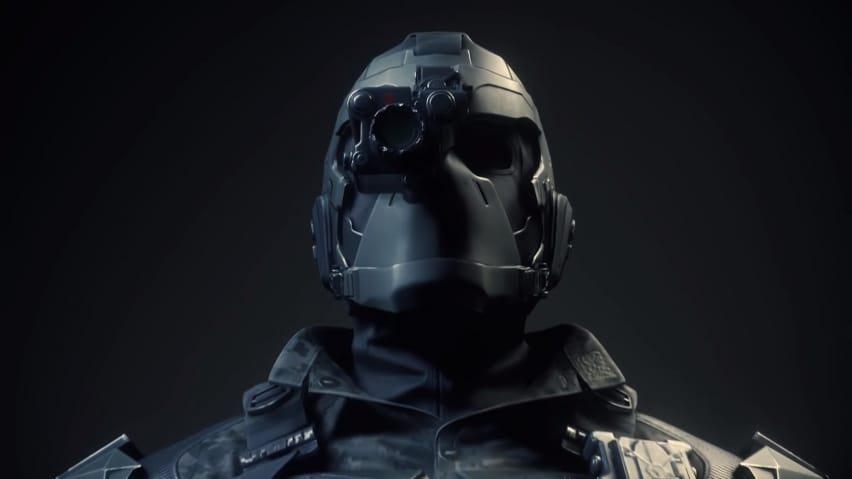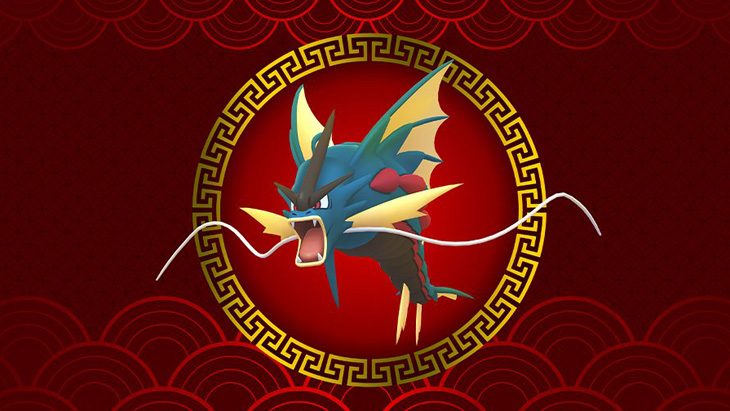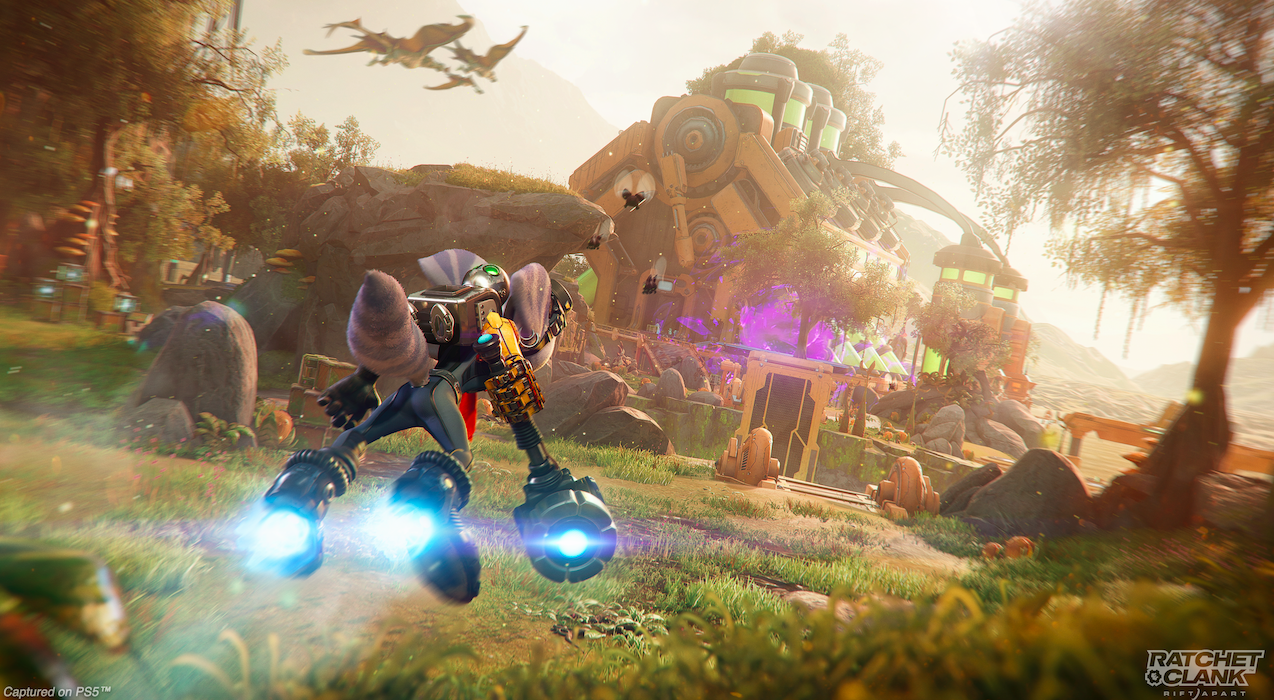

Developer Cold Symmetry Publisher PlayStack Release Date November 30, 2020 Genre Action RPG Platforms PC, PlayStation 4, Xbox One Purchase (Some links may be affiliated) Steam Epic Games Store
Shell To Pay
What happens to us when we die? It’s a question for which many people have their own answers. Some believe there’s an afterlife, while others think all that awaits us is oblivion. Still, others reckon on reincarnation, in which our souls depart our bodies and inhabit different shells depending on how we lived. Usually, the soul is not forcibly removed from the body by a big hulking demon with a hammer, but that’s likely to be how you go in developer Cold Symmetry’s Mortal Shell. It’s a Soulslike in which your character is an ugly blob of ectoplasm forced to crawl into corpses and use their skills in order to survive in a harsh, hostile world.
In typical fashion, Mortal Shell takes the trappings of the Soulslike genre and adds its own ingredients to the mix. That means exploration of a hostile world with sporadic checkpoints, deliberate combat against powerful enemies, and obscure storytelling gleaned mostly through item descriptions and fragments of dialogue. The measure of a good Soulslike is twofold: one must consider how it executes the aspects of the genre that have arguably already been perfected alongside how its innovations augment the formula. Mortal Shell is hugely ambitious, but will that make it a success?
Mortal Shell‘s Storytelling Feels Muddled

It’s tricky to summarize the setup for Mortal Shell in a single sentence. This is one of those games that confuse obscure backstory in Soulslike games for a lack of immediate plot. You’re plonked into the world as a disgusting pile of barely-sentient ectoplasm and your essential direction is “keep moving forward”. There are scraps of lore available if you like to hunt, but they never feel like they coalesce into anything coherent. Instead, Mortal Shell appears content to revel in its obscurity. Ten hours in, I realized I had no idea what I was doing or why I was doing it, and that’s a problem.
Mortal Shell does get some things right about its narrative. It nails the sense of uneasy alliance when you meet a creature that looks like it could pound you into mulch but acts friendly towards you instead. Atmospherically, it’s a masterclass, all dank swamps and imposing temples bathed in eerie silence. That’s all helped by the sumptuous visuals, which render shimmering obsidian and a crackling flame with jaw-dropping beauty. It’s just unfortunate that Mortal Shell‘s world is so deliberately shrouded in unnecessary mystery.
Exemplars of the genre – Dark Souls, Hollow Knight, Salt and Sanctuary – execute ambiguity much more successfully because they don’t feel the need to obscure even the most basic story details. Although Mortal Shell does provide the player with goals, it doesn’t sufficiently flesh out its world to make those goals feel emotionally involving. As such, it’s hard to get interested in the characters or their struggles when you don’t know who they are or why they’re doing what they’re doing. I’m sure everything in Mortal Shell‘s world is deliberate and hand-crafted, but it feels cold and uninvolving.
Combat In Mortal Shell Is Mostly Great

Mortal Shell‘s lack of a cohesive narrative is a shame because the central gameplay loop is rewarding and satisfying. Combat is a weighty affair; you’ll generally be engaging in one-on-one sword duels, and if you find yourself up against a crowd, you’ve probably rushed through an area too quickly. Early on, enemies are punishing, watching for gaps in your movements and exploiting them accordingly. Mortal Shell achieves the perfect balance of enemies feeling overwhelming at first but completely manageable after learning their weaknesses.
This being a Soulslike, the combat is largely stamina-based methodical hack-and-slash sword fighting (with other weapons tossed into the mix), but there are iterations on the formula. You have two methods of protecting yourself from attacks: hardening and parrying. Hardening works like blocking, but it’s timed and on a cooldown, so you can’t simply raise your shield and observe. Parrying works as it does in other games: watch for an attack and parry just as it lands, and you’ll counter-attack. This is the principal method of healing in Mortal Shell since healing items are laughably scarce.
Unfortunately, this means that many of the variations and additions Mortal Shell makes to its combat later on become irrelevant. Since there are so few ways to heal, you’re extremely unlikely to abandon the empowered healing riposte move. The resource needed to riposte is also quite tough to come by, so you’ll probably get through most of the game simply watching for parry windows and trying to exploit them to heal. This means Mortal Shell‘s combat swiftly becomes repetitive in a way to which better examples of its genre never fall prey.
Mortal Shell‘s World Is Drab

The name of the game in Mortal Shell is exploration. The central hub area, Fallgrim Outskirts, is a massive warren of sprawling tunnels and open marshlands. Your quest is to find three Sacred Glands, which are hidden in areas you can find by exploring Fallgrim. Unfortunately, those areas are somewhat aesthetically uninspired. Despite its pretensions towards deep lore and storytelling, Mortal Shell‘s environments are generic. There’s a fire temple and an ice temple, both of which come across as grimdark versions of much better The Legend of Zelda dungeons. The problem isn’t just visual, though.
Exploring Mortal Shell‘s world isn’t much fun. All three dungeons are reasonably linear affairs without any distinguishing visual elements to make them exciting. The third temple in particular is a slog thanks to its labyrinthine structure and bland, one-note aesthetic. This isn’t helped by enemy design. Most of Mortal Shell‘s enemies are humanoids with oversized weapons. Occasionally, a malformed monstrosity will give you pause, but even these enemies mostly act like humans swinging weapons around. Once you’ve entered an area, you’ve likely seen all of the enemies it has to offer within about ten minutes, and Mortal Shell never uses these enemies in interesting ways or tries to tell their story.
Like Souls games, Mortal Shell is built around boss encounters, but these aren’t very involving either. The major bosses of the temples are humanoids in armor with oversized weapons, which means once you’ve conquered the first one, you aren’t likely to struggle with the others. This isn’t helped by the damp squib of a conclusion, which I won’t spoil here but which is guaranteed to disappoint you if you were hoping for literally any kind of answers or climactic encounter. All in all, Mortal Shell‘s world is not one to which you will feel inspired to return.
There Are Some Nasty Glitches In Mortal Shell

Sadly, in its current state, Mortal Shell simply doesn’t feel finished. In some areas, it’s polished, with well-realized animations and responsive enemies. In others, glitches conspire to ruin the fun. I ran into a particularly nasty glitch that stopped me from being able to parry or dodge. I could still attack, but combat without these features is practically impossible. There is something particularly galling about that happening and then Mortal Shell carrying on as if it was my mistake. Elsewhere, enemies clip through surfaces, attacks don’t land when they should, and things just feel generally slapdash.
In general, Mortal Shell feels like a demo, a proof-of-concept in search of a fully fleshed-out experience. If that were the case, it would explain why no story threads appear to go anywhere and why the journey seems to end at a mid-game boss. I have no reason to believe that what’s on offer here isn’t the finished game, but there’s so much that feels like it’s missing. Mortal Shell needs to be twice as long and present twice as much of its narrative upfront to be considered anything like a coherent experience. As it stands, it’s painfully undernourished.
Mortal Shell | Final Thoughts

Mortal Shell offers yet another Soulslike for anyone who thought the best part of Dark Souls was its combat. Like other Soulslikes, it ignores staples of its progenitor, like coherent world-building and satisfying exploration, plumping instead for difficult one-on-one sword duels that get boring quickly. The combat is excellent and there is promise in the atmospheric, moody world, but Mortal Shell is a frustrating mass of missed potential. It’s worth a single run-through, but you’re not likely to be enamored enough with it to warrant returning to Fallgrim.




